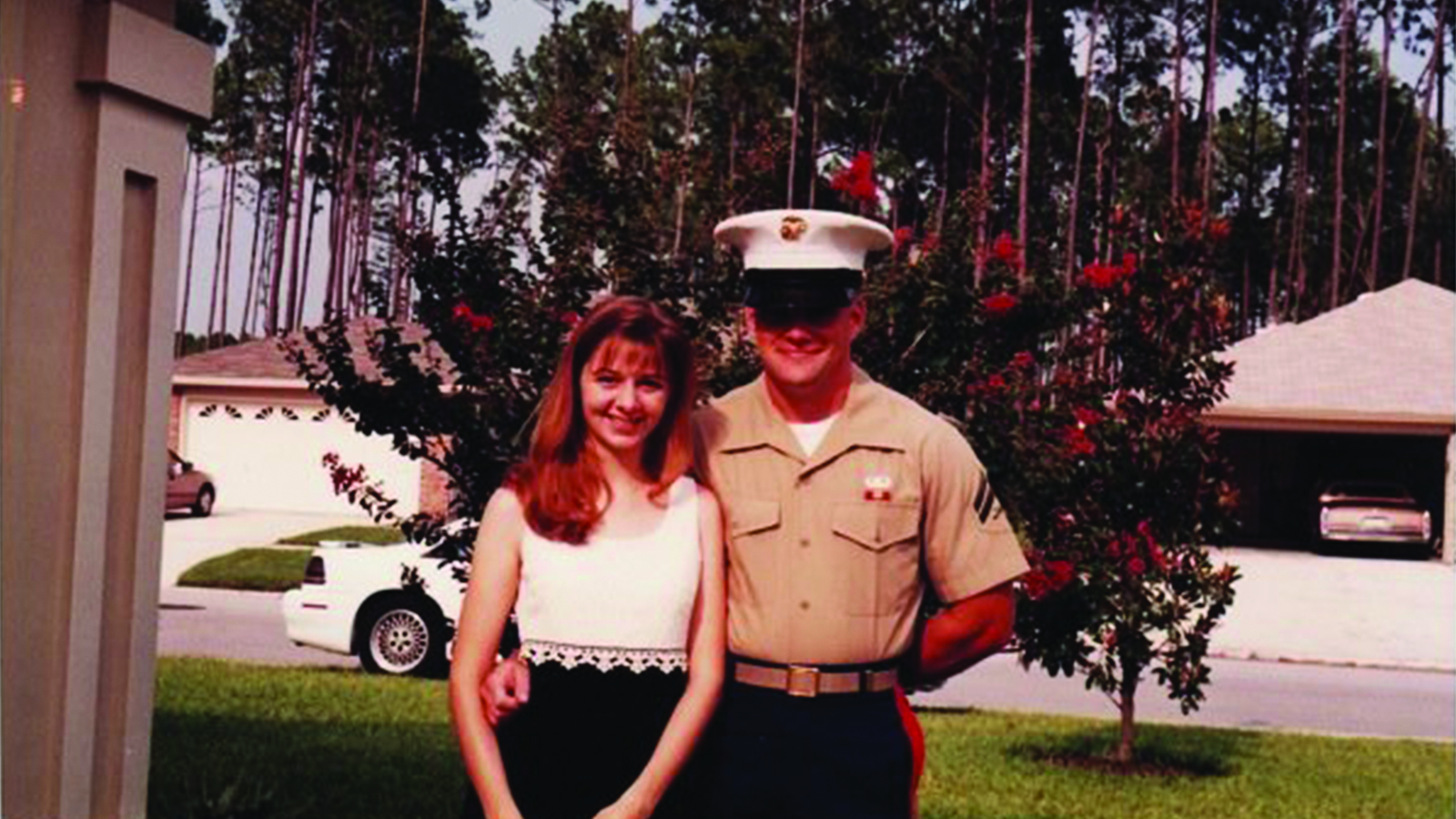Author: Maryclare Kenney, VP Intermodal and Auto, Intermodal, CSX
Civilian and military family life may seem like two different worlds, but our lives are much more intertwined than many might realize. As a U.S. Army veteran myself, I can say from firsthand experience that it makes a huge difference to receive extra support from your community, including from civilian families. Military families living on-base are surrounded by those facing similar challenges. However, two-thirds of military families live in local communities, according to the MilitaryTimes, where they may lose that sense of solidarity with their neighbors. It is precisely because of these similarities and differences that we must foster understanding and build bridges based on empathy and engagement.
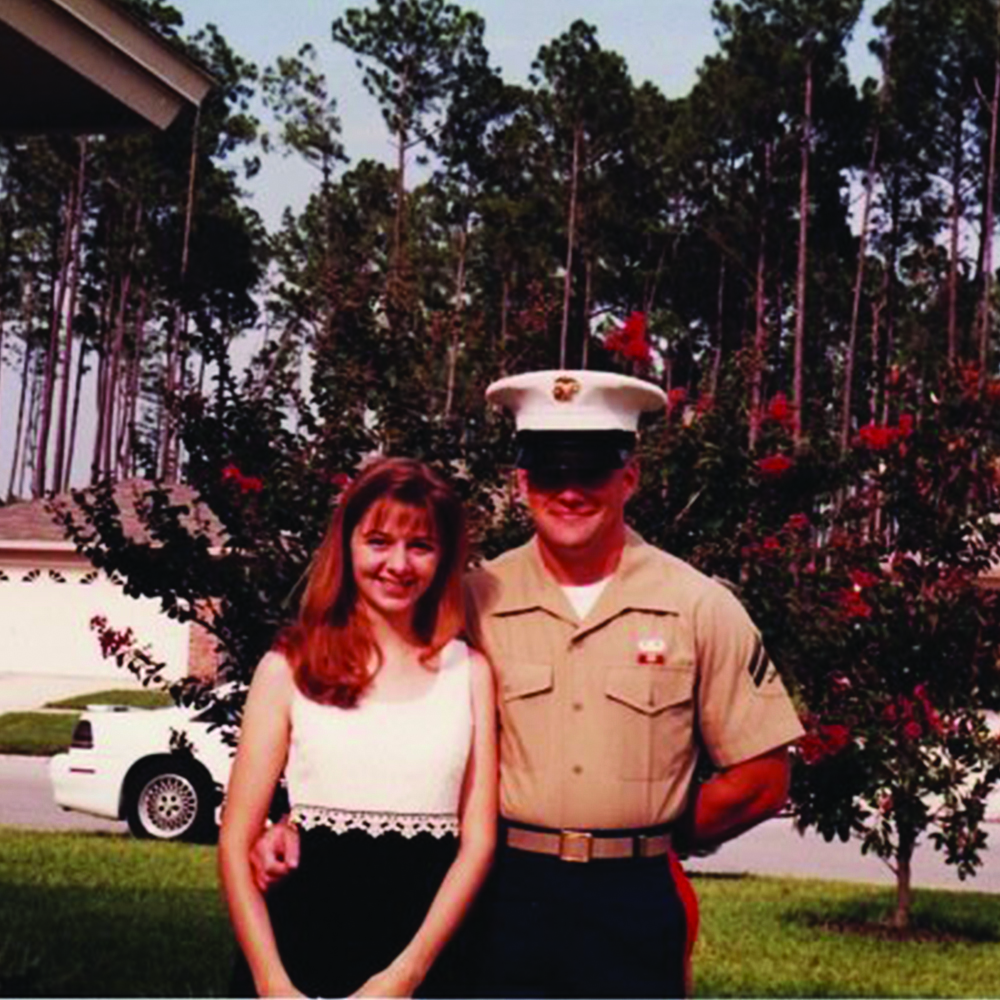
At CSX, a leading supplier of rail-based freight transportation and corporate partner of Operation Homefront, we have an active business resource group (BRG) made up of employees who either have served in the past or currently serve our country. As the executive sponsor of our Military BRG, I reached out to our members to get their perspective on two key questions:
What do you wish civilian families knew about military families?
What makes military families unique and what makes them similar?
They unanimously agreed that – at their core – military families are much like civilian families. As mentioned by Navy veteran John Blanton, CSX real estate analyst, military families often live in the same communities as civilians, and their children attend the same schools and play on the same playgrounds. They also face some of the same struggles and enjoy the same celebrations as civilians. The main difference for military families is that oftentimes they are missing a parent — their deployed service member.
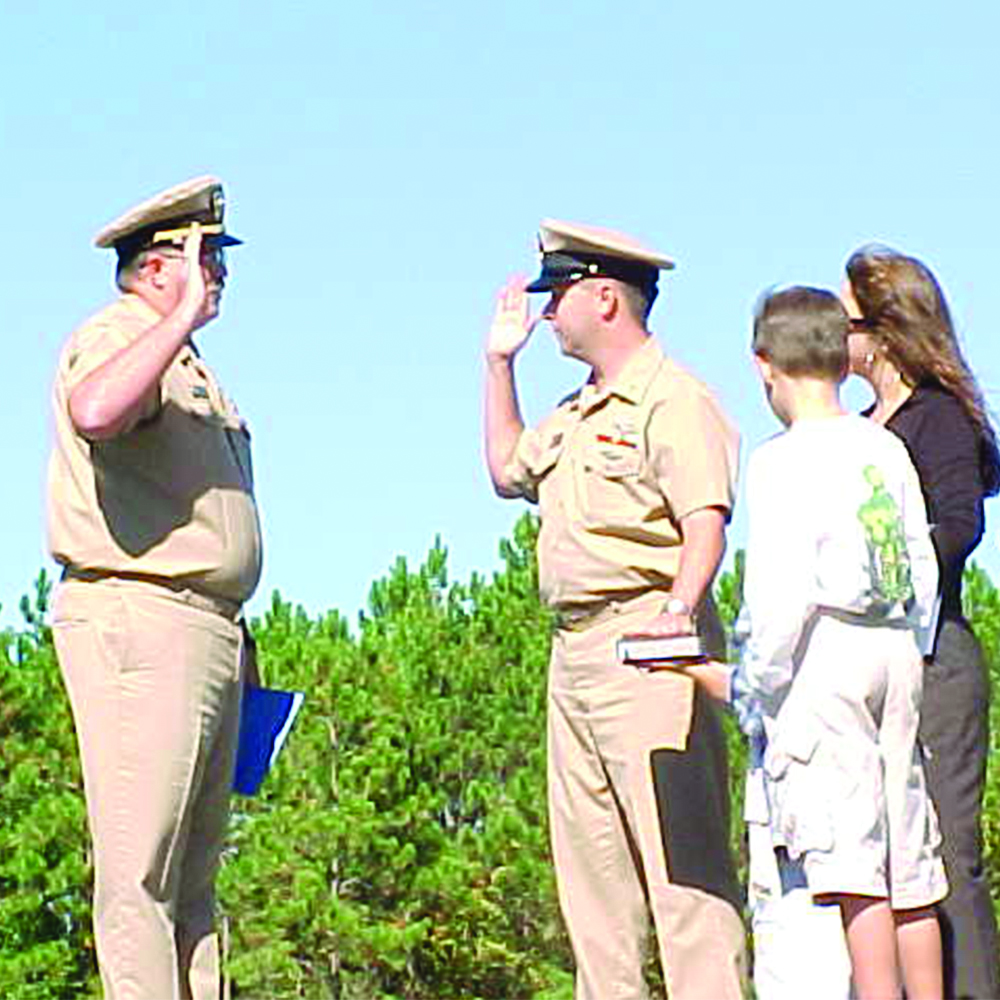
Sean Douris, CSX chief of police, agreed, explaining that military families also have the same worries and goals that others do, including great schools for the kids, nice safe homes, and making ends meet financially. Douris told me:
“Just like civilian families, military families want what’s best for their children. They want to build amazing memories with their loved ones and to pursue their dreams while supporting their partner’s.”
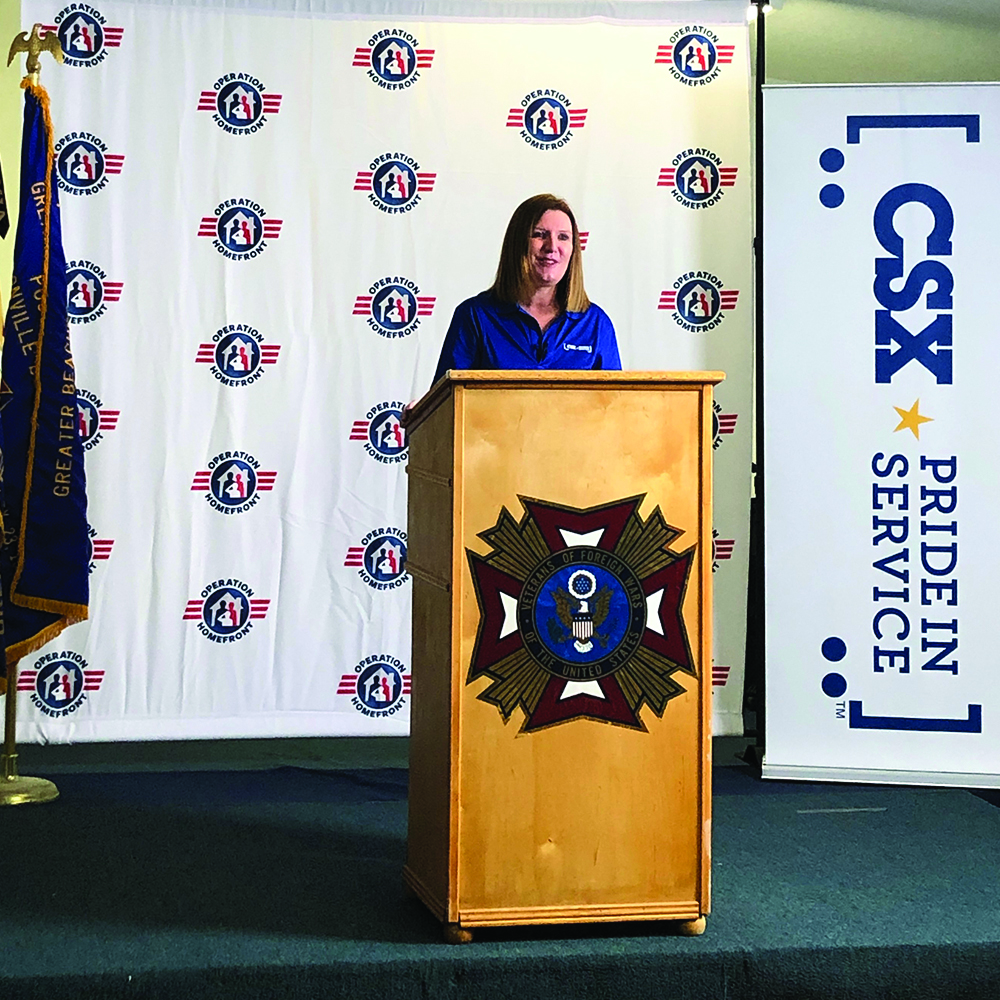
What causes the biggest disconnect between civilian families and military families is that the military career path creates a much different lifestyle than what a typical civilian family may face. With deployments and frequent relocations, experiences that may seem typical or normal to a military family are entirely unfamiliar to a civilian one. This may be where the main difference lies, but this is also where that opportunity for shared support really becomes critical. Here’s how Blanton put it:
“Imagine packing up your family and belongings, selling your house or ending your lease every three-to-five years to move across the state, or the country, or overseas to a location you know nothing about. Now think about doing this without your service member. This is a common scenario for military families.”
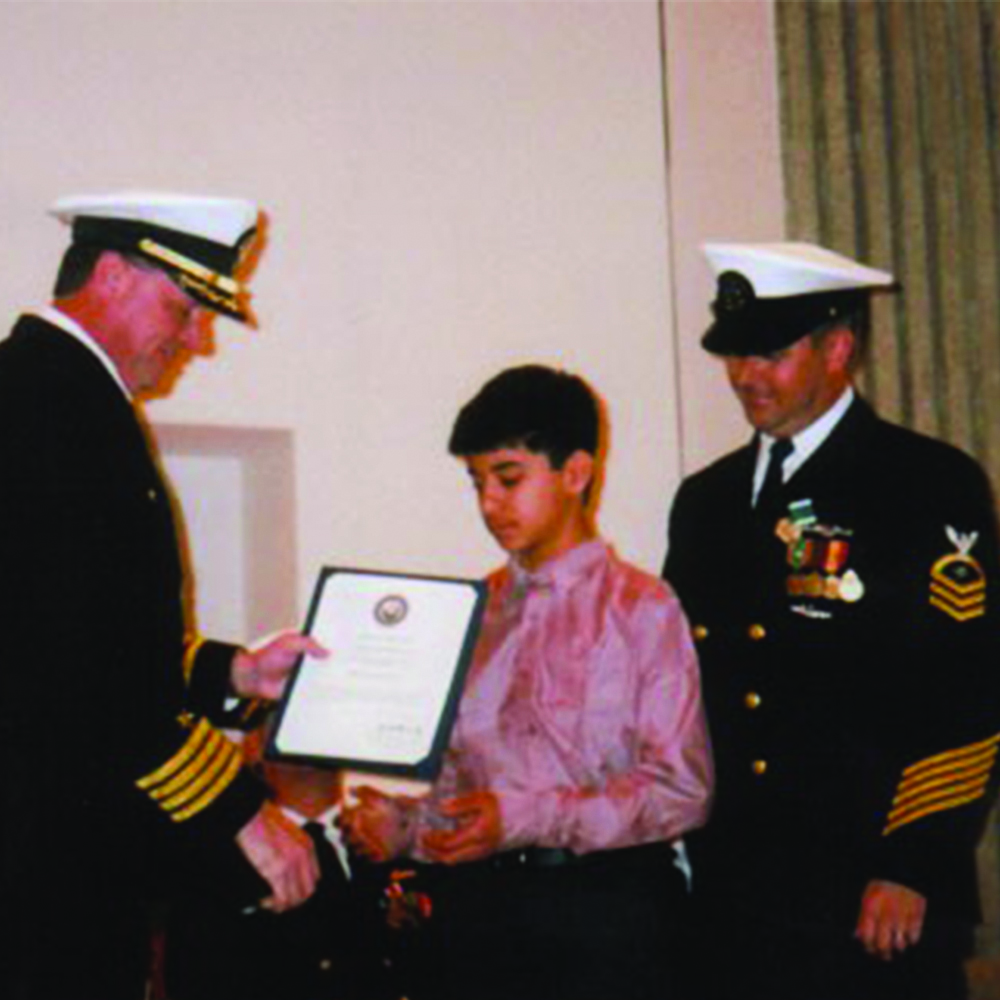
The added difficulties of deployment and constant moving lead to some hurdles for military families that their civilian neighbors may not be aware of, including:
- Limited connection/contact with loved ones. Our employees wanted civilian families to know that being able to see or talk to your family regularly is something you should never take for granted! Even with modern technology where everyone has a smartphone, “families and service members may go months without hearing each other’s voices, limited to only mail and/or email,” Blanton said. During deployment, family members may feel concerned, overwhelmed or lonely, but they’re unable to lean on their loved one. Think of all the times we look to a parent, sibling, or significant others for comfort. That’s a simple luxury that military families often lose during deployment and will need to seek positive advice or an “outlet” elsewhere.
- Lack of a local support system. Along with that lack of connection while their loved one is away, the day-to-day responsibility of raising a family or managing a household may also fall on the spouse back home. And that spouse may be living in a new duty station, juggling a new job or a new school system, meeting new neighbors, and making new friends. According to National Guard veteran Nicole Ferry and commander of the CSXPD Honor Guard, “Once a military family member is deployed there is a lot of support [from the community] in the beginning, but it starts to wane in the middle and towards the end. These can be their hardest times when they need the support the most. Family is usually far away.” Military spouses must be resilient, as it can be a huge burden for one person that can last for several months. Support with meals, household chores, out-of-school activities for children, connections to local networks/contacts, and overall advice can be key.
- Financial stress. Many military families often rely on a single income, because frequent moving can make it difficult for military spouses to find and sustain a job. With pay based on rank and time in service, “One paycheck can’t always do the job,” according to Douris. The median income for a military service member is $40,700, according to the U.S. Census Bureau, and while potentially living on a base and commissary/PX privileges can help, it can be difficult to provide for an entire family by oneself with a single source of income. Programs run by Operation Homefront and other nonprofits, like Back-to-School Brigade, Star-Spangled Babies, and their Critical Financial Assistance grants can be critical to ease some of this financial burden.
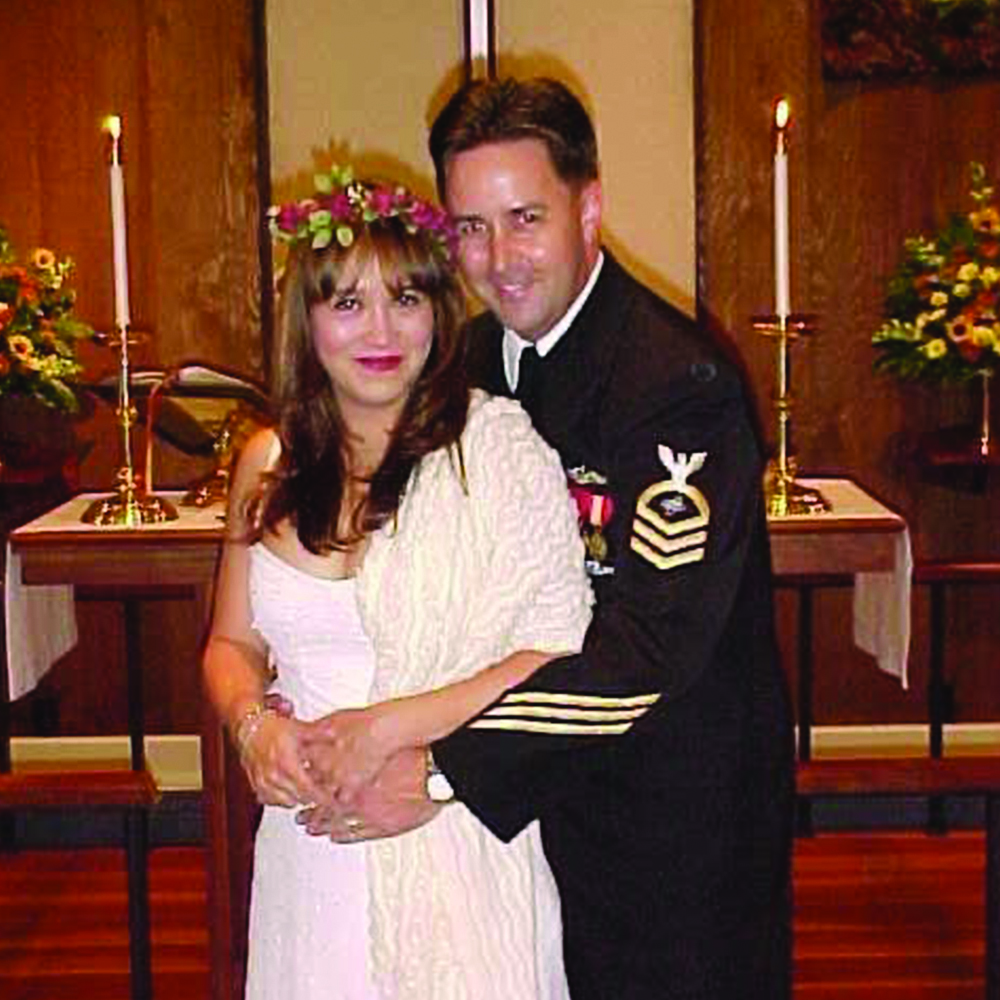
When a family member joins the military, the entire family joins with them. This experience doesn’t change who they are as a family, it just adds a few challenges, mixed in with the opportunities. So, from the hearts and minds of our CSX military team members, we urge all civilians to go out of their way to make connections with military families, to offer their support, and most importantly – to offer their friendship.
- When in doubt, reach out to military families in your community and show them that you’re someone they can depend on.
- Offer to show them around their new neighborhood, share tips and advice about the local schools or daycares, help with household chores, invite them over for dinner, or set up a playdate for the kids.
- If you don’t yet know military families in your own community and don’t know where to start, volunteer or donate to support nonprofits making a difference in the lives of military families.
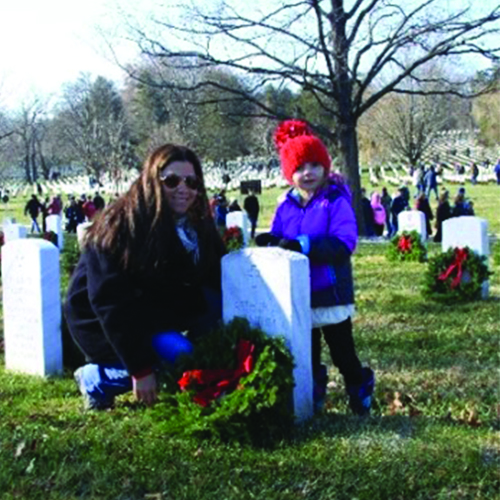
Military families will need different things at different times and will experience different challenges in different locations and times in their lives, but one thing remains consistent – they hope for their communities, neighbors, and coworkers to see them and to support them!

